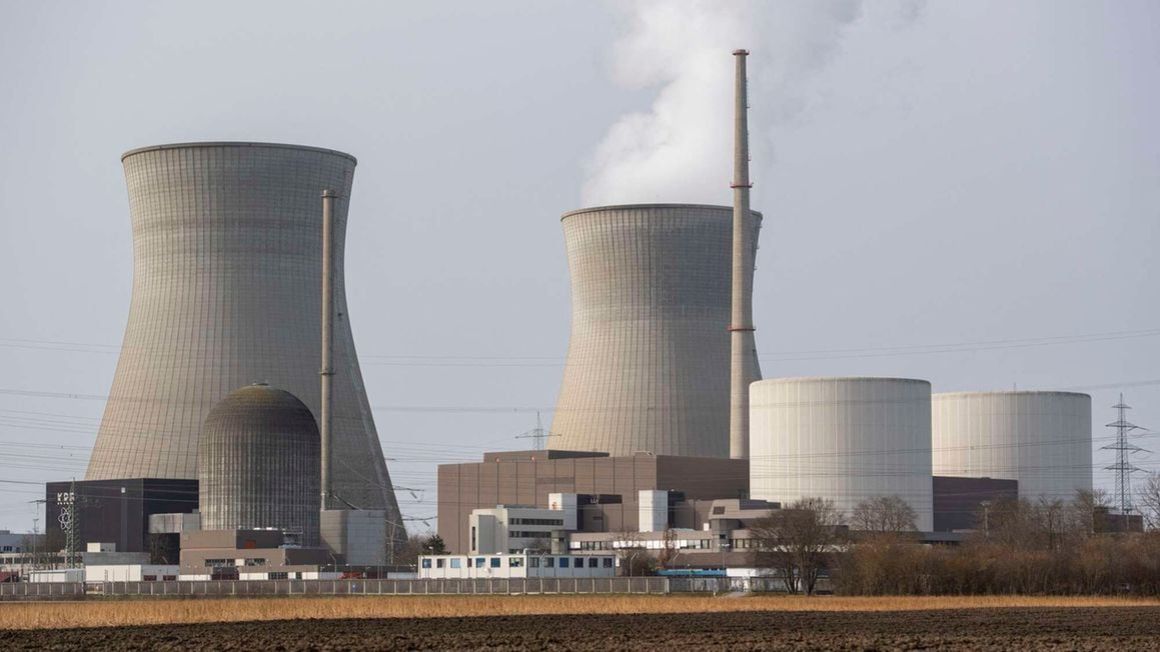
Kenya targets to kick off the construction of its first nuclear power plant in 2027 as the country seeks to further diversify its energy generation amid rising demand and push for zero-carbon energy.
Acting CEO of the Nuclear Power and Energy Agency (NuPEA) Justus Wabuyabo told the Business Daily the agency has advanced plans to float international tenders for the construction of the power plant in either Kilifi or Kwale counties.
The revelation follows approval by the International Atomic Energy Agency (IAEA) in 2021 for Kenya to go ahead with setting up the infrastructure for the plants.
“We will do the bidding stage, as anytime between 2026 and 2027 and start construction in 2027. Construction ranges six to ten years so we are looking at 2034-35 to commission the first plant,” Mr Wabuyabo said.
“We are now focusing on Kilifi and Kwale as our ideal sites. They have met most of the criteria but before we determine the final site, we have to do a detailed scientific study as provided for by IAEA like seismic tests,” he added.
READ ALSO Kenya faces tough terms for building nuclear power plant
The plant is expected to have a capacity of 1,000 Megawatts (MW), which if successfully delivered will be key to helping boost the electricity supply to the economy and help reduce reliance on dirty thermal plants.
Kenya’s quest to develop a nuclear power plant stems from the projected increase in electricity demand as the country angles to be a middle-income economy by 2030.
Geothermal energy accounted for the biggest share of the electricity generated as of May with a share of 45.21 percent followed by hydro (21.05 percent), wind (16.08 percent), and solar at 3.92 percent.
But besides the costly nuclear plant, Kenya will also be required to upgrade its electricity transmission network to provide reliable and off-site power to nuclear power plants.
A joint study by NuPEA and SGS consortium says the current electricity grid will require significant enhancement based on safety needs imposed on nuclear plants and the large size of such installations.
South Africa is the only African country with a commercial nuclear plant that accounts for five percent of the electricity generated in the country. Nuclear accounts for 47 percent of electricity generated in the US.
Kenya has over the years stepped up efforts to actualize its nuclear energy dream and has been sending dozens of students abroad to developed economies using nuclear energy, to boost their skill sets and ensure that the country does not wholly import the labour.
___
Source here
